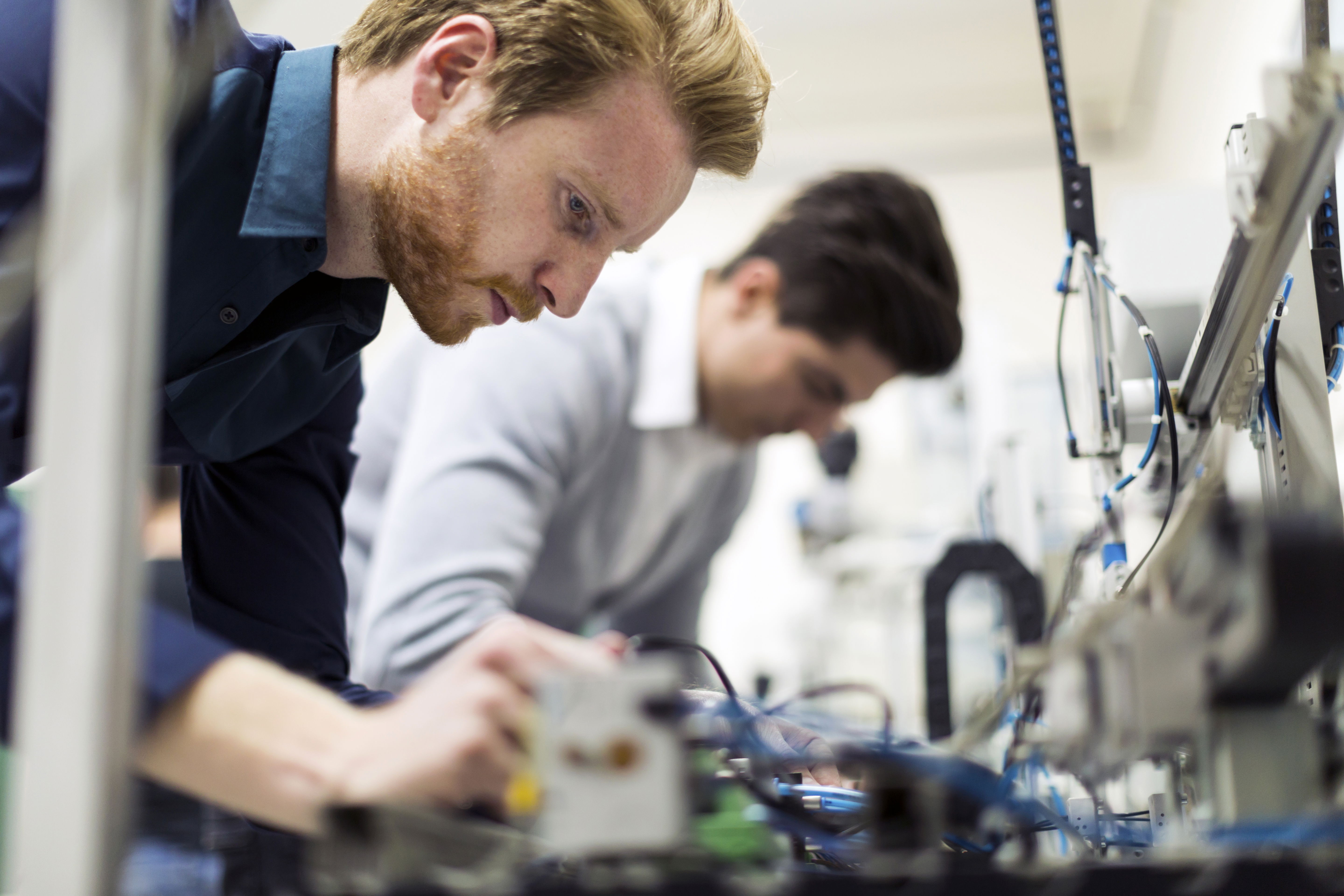Built to Last
Why Long-Term Tech Matters More Than Ever.
We live in an age of rapid upgrades. New models launch before the old ones even begin to slow. Marketing tells us that faster, thinner, and smarter always means better. But beneath the surface of sleek design and yearly updates lies a simple truth: durability is being replaced by disposability. At Reboot Masters, we stand for something different. We believe in technology that’s built to last, not just in hardware, but in values. In craftsmanship. In repairability. In sustainability. And in the right to own and maintain what you already have.
The Forgotten Value of Durability
Once upon a time, devices were designed to endure. Radios lasted for decades. Televisions had repair manuals. Desktop computers were built with upgrade paths in mind. Today, many gadgets are sealed shut. Batteries are glued in. Screws are hidden. Replacement parts are scarce or proprietary. We’ve traded long life for short cycles. And in doing so, we’ve lost something important. Durability isn’t just about toughness. It’s about trust. It’s about knowing that what you invest in will serve you, not for a year, but for years.

The Environmental Cost of Upgrading
Each time we replace a working device, we contribute to a growing problem: e-waste. The environmental toll of discarded electronics is staggering. Toxic materials, rare metals, plastic, packaging—it all adds up. And most of it ends up in landfills, leaking into soil and water. Choosing long-term tech is a quiet act of resistance. It says, “I don’t need the newest thing. I need the thing that works.” It’s about stewardship. About reducing waste. About making fewer, better choices. Sustainability isn’t just about what we buy. It’s about how long we keep it.
Repair Is a Right
Some companies design products to break. Others make repair nearly impossible. But users are pushing back. Movements for the Right to Repair are gaining momentum worldwide, demanding that people be allowed to fix what they own without jumping through corporate hoops. At Reboot Masters, we support that fight. Repair is not a privilege. It’s a right. You should be able to open your device, replace a battery, fix a port, upgrade a drive without voiding your warranty or needing a specialized license. Repair culture empowers people. It brings knowledge back to the table. It makes technology human again.
The Joy of Keeping Something Going
There’s a quiet satisfaction in fixing what others would discard. A sense of accomplishment in watching an old device boot up again. A kind of pride in extending a laptop’s life instead of replacing it. When you repair, you build a relationship with your tech. You understand it better. You respect it more. You become more patient, more capable, more resilient. This is the heart of what we teach: that repair is not just practical. It’s personal.
Tech That Lasts Builds a Better World
The future doesn’t have to be disposable. It can be sustainable. Conscious. Thoughtful. It starts with choosing products designed to be repaired. Supporting companies that value longevity. Learning how to fix things instead of tossing them away. Every device saved is one less in a landfill. Every repair made is one more skill learned. Every extra year you get out of your tech is a small victory for the planet—and for you.
Conclusion: Let’s Build a Culture That Values What Works
At Reboot Masters, we believe long-term tech is better tech. Not just because it saves money, but because it teaches patience, responsibility, and respect. The future of technology isn’t just faster processors. It’s longer stories. Devices that grow with you. Tools you can trust.And that future begins when we stop asking, “What’s next?”
And start asking, “How can I make this last?”
